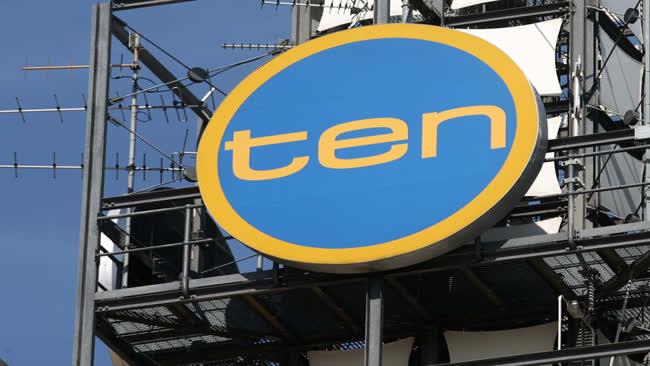
You may have noted it’s a tough time in media right now; at Fairfax, another round of reporters have taken redundancies as private equity circles. News Corp have been bleeding money and laying off photographers and subeditors, while remaining staff were reportedly told the company “is in a fight for its life”.
Most recently, Channel Ten went into administration when the major shareholders Lachlan Murdoch and Bruce Gordon refused to guarantee a new loan for the company. This likely won’t spell curtains for Ten, as it’s part of a play by those bigger shareholders to increase pressure on the Australian senate to support lowering broadcast license fees and changing cross media ownership laws.
However, it will likely spell curtains for Ten’s smaller shareholders. And those smaller shareholders could be a little cynical given those larger shareholders have since made a bid to acquire the company themselves.
After the share price tumbled 82% this year. After they refused to guarantee Ten’s debt. After they watched Ten go into administration. To be fair, most people would rather acquire assets at a serious discount verses paying top dollar.
The lesson? The interests of large shareholders don’t always align with the rest of us plebeian shareholders. Sometimes our hard-earned capital is considered expendable because we have little else we can bring to the table – being significantly more capital to invest or political weight to influence outcomes for the business.
Ten itself hasn’t been the most stable of companies through the years, but as mentioned previously, it’s tough times in the media right now. The internet has disrupted the flow of advertising dollars to traditional media companies and delivery methods, such as streaming, have more recently eaten away at traditional TV audience figures.
Competition and technological change have pressured companies to be better, get bigger or simply fail for hundreds of years. Investors don’t always see these changes coming and the right management may not be on hand to ensure companies respond adequately.
The lesson? Being a shareholder of any company means full exposure to the ongoing market disruptions and challenges that company faces. This means higher levels of risk and most certainly higher volatility within a portfolio than would be experienced by owning a fund that contained hundreds or thousands of companies.
Finally, one moment of hilarity came last month when The Australian’s media editor, Darren Davidson, claimed Ten Network chairman David Gordon had sold most of his shares before the company was placed into voluntary administration.
Only problem? It wasn’t true. There had been a share consolidation a year earlier, where every ten shares were consolidated into one. While the overall value of an individual’s shareholding remained the same, the number of shares they held was reduced by 90%. Something Davidson clearly overlooked.
Davidson and The Australian had to offer a humble apology.
The lesson? When it comes to business and investing, don’t always rely on the media to deliver you accurate or considered information. Something we regularly preach.
This represents general information only. Before making any financial or investment decisions, we recommend you consult a financial planner to take into account your personal investment objectives, financial situation and individual needs.




